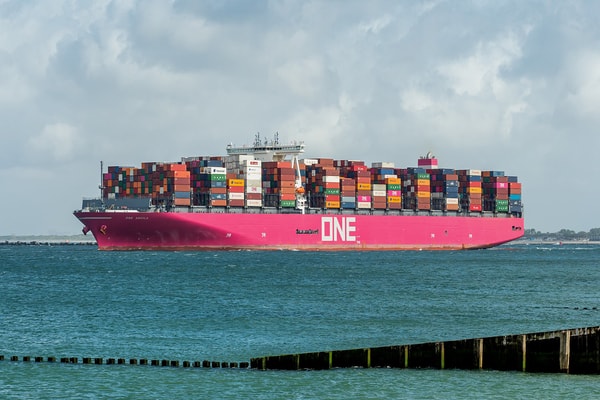Christmas is coming and the list of worries for retailers and consumers is getting fat. If Brexit and Coronavirus aren’t putting enough pressure on the industry, the shipping crisis, the logistics log-jam and now engineering staff shortages are all heaping on the pressure.
The next two weeks are going to be critical for retailers who need to stock now for peak. But there is a build up of container ships in the Channel containing much of this stock, unable to dock due to delays wrought by Brexit paperwork.
In true Dunkirk spirit, many items are being shipped out of Europe on small boats, says home delivery firm ParcelHero’s David Jinks, but the delays in this stock reaching the UK – delays that will be further exacerbated by the truck driver shortage – could see many retailers not having enough stock to start peak trading.
But that may yet all be for nought, as some experts are also predicting that many websites aren’t peak ready – and nor will they be, thanks to a chronic IT skills shortage.
Research out this week suggests that, with so many job vacancies in the UK, recruiting part-time staff for the peak is already under threat. And that isn’t just store staff, it is pickers, packers, drivers, customer service agents and more. The impact could already be starting to be felt.
The shortage of qualified engineering staff is also a potential problem. As the outage of Facebook, Instagram and WhatsApp showed last week, anyone’s system can crash. Now there is a concern that many ecommerce systems haven’t been properly stress tested ahead of peak due to lack of skilled staff – and that that to could cause a Christmas meltdown.
A number of British retailers have reported systems issues and websites crashing as the UK struggles to return to pre-pandemic output and cope with demand. Software testing plays a critical role in ecommerce retailing as we rely on more online purchases.
Without it then, even if the stock is there, the orders may not be.
This lack of skills is also being felt among consumers, who increasingly also feel that retailers are not adequately meeting their new omni-channel shopping needs, with technology not matching the promise of true interchangeable channel hopping.
A study finds that demonstrating a perception gap between retailers and shoppers, the majority of retailers (75%) consider themselves to be fairly or very sophisticated when it comes to omnichannel, yet half (50%) of shoppers believe retailers are not joined up enough between their online and in-store operations.
When it comes to shopping in physical stores, the research highlights that physical retail is still an important channel, even for digital savvy shoppers – with half (51%) of consumers shopping at retailers’ physical stores. However, some retailers misjudge the extent to which shoppers value in-store offerings.
Shoppers are nearly twice as likely to value seeing and feeling items they’re buying in real life (88% of shoppers verses 45% retailers). Meanwhile, half (49%) of shoppers value being able to visit showrooms and see items in store, but pay online – whereas only 32% of retailers think this adds value for customers. What’s more, retailers consider human sales assistants to be more important than they are, with only 26% of customers saying they add value to their in-store experience, compared to 36% of retailers.
With Halloween just around the corner – and the unofficial kick off to peak season – and with just 12 weeks until Christmas, there is panic in the air. Sure, many of these crises may yet be alleviated and we may just squeak a good Christmas yet, but many of the problems are systemic.
Brexit and the virus have exacerbated them, but they are not the cause: that lies much deeper in how the industry has been run to date and how, faced with a very turbulent time, it has had to reinvent itself on the fly. The answer is out there, we just need to find it.
Image: Frans Berkelaar/Flickr under creative commons licence









